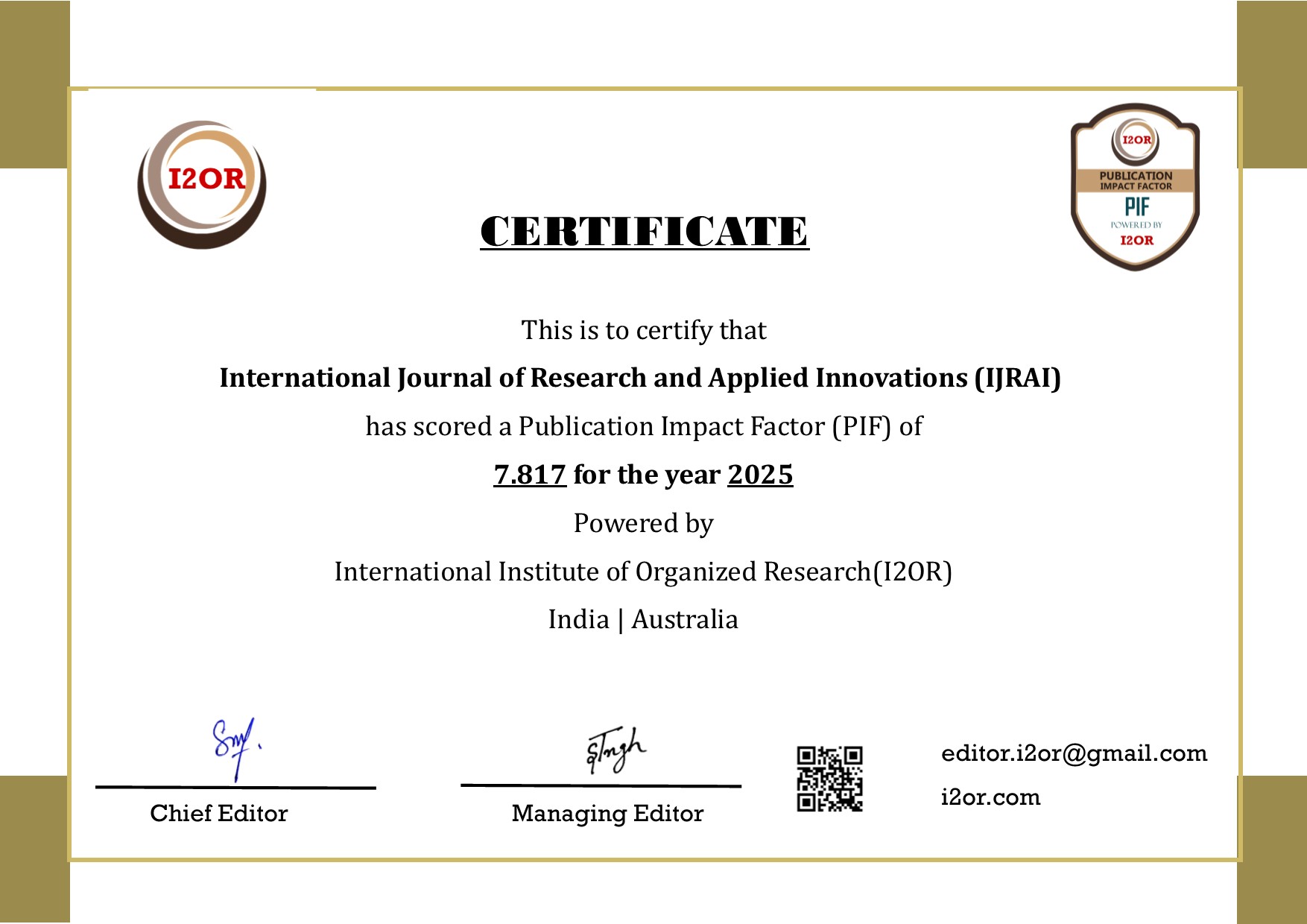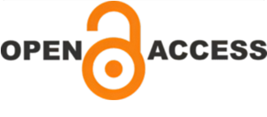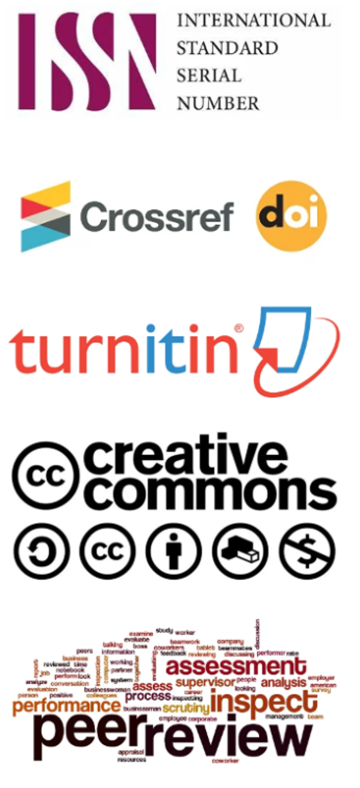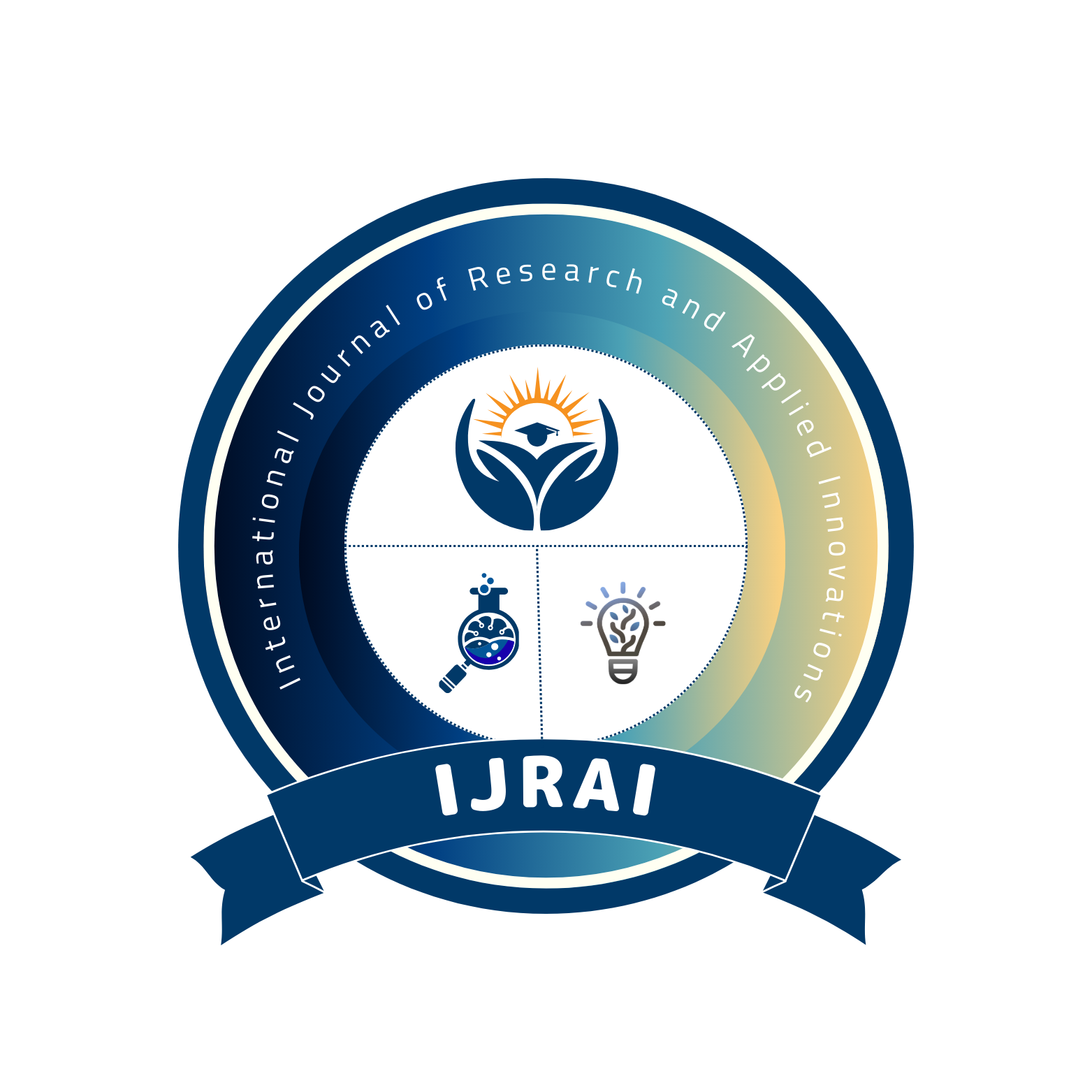Continual Learning Frameworks for Edge AI Applications
DOI:
https://doi.org/10.15662/IJRAI.2024.0705002Keywords:
Continual Learning, Edge AI, catastrophic Forgetting, Rehearsal Methods, Regularization Methods, Architectural Methods, Federated Learning, Resource-Constrained Devices, Concept Drift, Model AdaptationAbstract
Edge AI has emerged as a transformative paradigm enabling real-time intelligent processing close to data sources, thereby reducing latency, preserving privacy, and optimizing bandwidth usage. However, deploying AI models on edge devices introduces unique challenges due to resource constraints and dynamic environments. One critical challenge is enabling edge devices to adapt to new data over time without forgetting previously learned knowledge—a problem addressed by continual learning frameworks. Continual learning (CL) enables models to learn from a stream of data incrementally, making them well-suited for edge AI applications where data distributions evolve and retraining on centralized servers is often infeasible. This paper presents a comprehensive overview of continual learning frameworks tailored for edge AI, analyzing various approaches including rehearsal, regularization, and architectural methods. We examine the suitability of different CL techniques in edge contexts, focusing on memory efficiency, computational overhead, and robustness to concept drift. Additionally, the paper discusses strategies for overcoming catastrophic forgetting—a key issue where models lose prior knowledge when trained on new data. By leveraging lightweight replay buffers, knowledge distillation, and dynamic model expansion, recent frameworks have shown promise in maintaining accuracy over extended learning periods. Our research methodology involves evaluating existing continual learning algorithms on edge-relevant benchmarks using resource-limited devices, analyzing performance trade-offs between accuracy, latency, and memory consumption. We further explore hybrid models integrating federated learning with continual learning to harness distributed edge data collaboratively while preserving privacy. Results demonstrate that carefully designed continual learning frameworks significantly improve model adaptability and sustainability on edge devices. However, challenges remain around optimizing computation, communication overhead, and security. This study provides valuable insights for researchers and practitioners seeking to deploy intelligent, adaptive AI on edge platforms. Future work directions include enhancing lightweight CL models, developing adaptive resource management strategies, and integrating privacy-preserving mechanisms to realize robust and scalable edge AI systems.
References
1. Kirkpatrick, J., Pascanu, R., Rabinowitz, N., et al. (2017). Overcoming catastrophic forgetting in neural networks. Proceedings of the National Academy of Sciences, 114(13), 3521-3526.
2. Lopez-Paz, D., & Ranzato, M. (2017). Gradient Episodic Memory for Continual Learning. Advances in Neural Information Processing Systems (NeurIPS).
3. Rusu, A. A., Rabinowitz, N. C., Desjardins, G., et al. (2016). Progressive Neural Networks. arXiv preprint arXiv:1606.04671.
4. Parisi, G. I., Kemker, R., Part, J. L., et al. (2019). Continual lifelong learning with neural networks: A review. Neural Networks, 113, 54-71.
5. McMahan, H. B., Moore, E., Ramage, D., et al. (2017). Communication-efficient learning of deep networks from decentralized data. Proceedings of AISTATS.
6. Chen, M., Yang, T., Zhang, Z., et al. (2020). FedWeIT: A Continual Learning Framework for Federated Learning. Proceedings of AAAI.
7. De Lange, M., Aljundi, R., Masana, M., et al. (2021). A Continual Learning Survey: Defying Forgetting in Classification Tasks. IEEE Transactions on Pattern Analysis and Machine Intelligence.
8. Li, Z., Hoi, S. C. H., & Wang, J. (2020). Learning to remember: A comprehensive survey on memory-augmented neural networks. arXiv preprint arXiv:1907.06650.
9. Robins, A. (1995). Catastrophic forgetting, rehearsal and pseudorehearsal. Connection Science, 7(2), 123-146.
10. McCloskey, M., & Cohen, N. J. (1989). Catastrophic interference in connectionist networks: The sequential learning problem. Psychology of Learning and Motivation, 24, 109-165.









